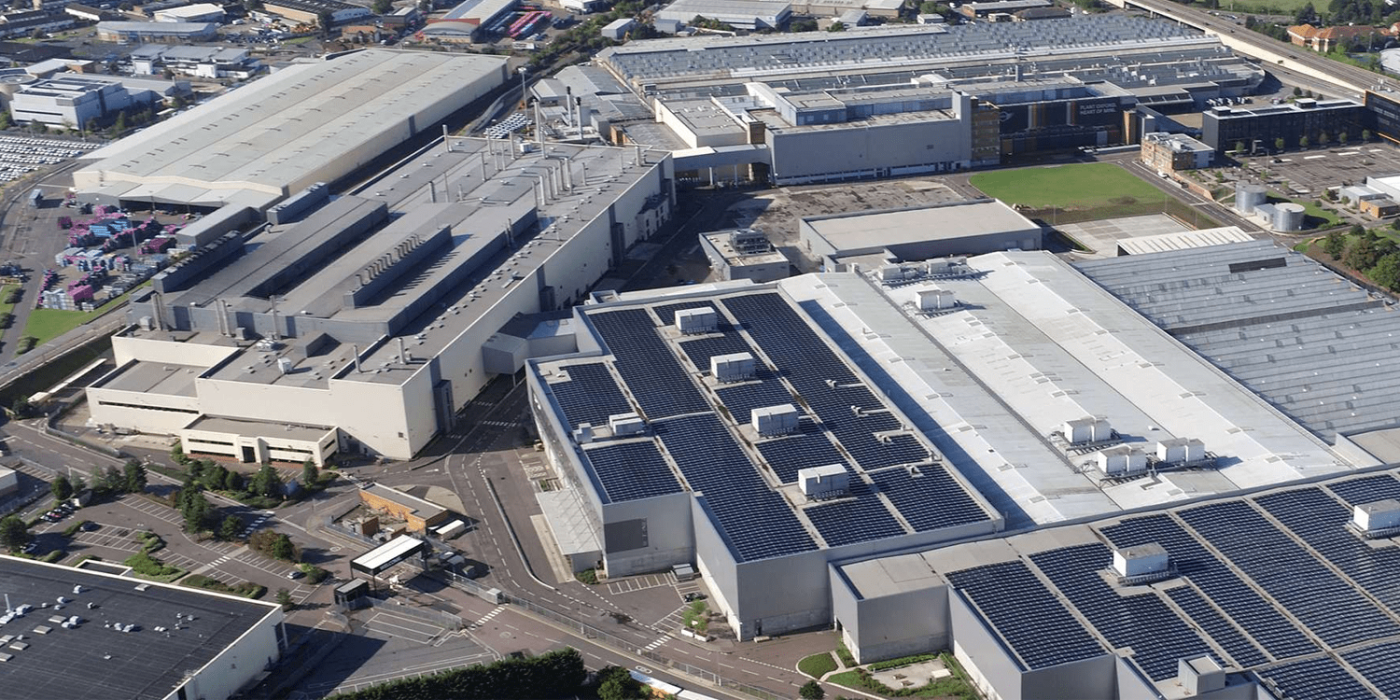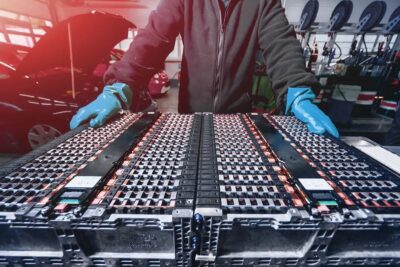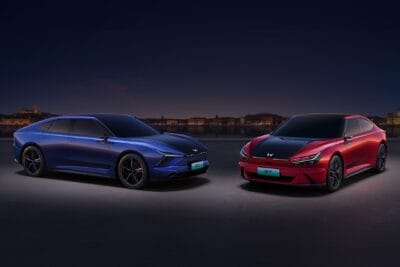EU Commission expects tariffs from the UK in 2024
The postponement of the implementation of the so-called rules of origin for electric cars demanded by the British government and European car manufacturers has been rejected by the EU Commission. As a result, many electric car models are likely to be subject to tariffs of ten per cent from 2024.
In the course of the Brexit, the UK and the EU agreed that from 2024, only those electric cars whose components originate 45 per cent by value from the EU or the UK can be sold duty-free across the English Channel; for the battery, this quota is as high as 60 per cent. If this is not the case, customs duties of ten per cent are levied. The EU Commission wants to stick to this and rejects the postponement of the entry into force of the rules of origin to 2027 demanded by the British government and European car manufacturers.
This is reported by the Financial Times with reference to Richard Szostak, a high-ranking official of the Commission. The EU argues that the rules of origin will provide an incentive for battery production in the EU. The EU’s share of global investment in battery production fell from 41 per cent in 2021 to just two per cent in 2022 after the US introduced large subsidies under its Inflation Reduction Act, the report says.
Szostak is quoted by the Financial Times as saying, “In addition to the pull factor [from the US’s IRA] . . . we would be adding a push factor encouraging batteries to be bought in China or the US [by not introducing cross-Channel tariffs]. That is the other side of the discussion. The EU when judging its interest has to look at both sides of this question.”
The side he did not address is that the additional costs will mean higher prices for consumers. UK Trade Minister Lord Dominic Johnson is reported to have told MPs that Britain and the EU should not try to take advantage of each other by setting up separate supply chains. He called for “appropriate cross-border access to each other’s supply chains that makes them more efficient”.
The slow pace of opening battery factories in Europe, as well as Chinese dominance in key parts of the sector, means that most European-made e-cars will not meet the new rules of origin. According to the aforementioned media report, the problem is most acute for carmakers from continental Europe that sell many cars in the UK, including VW, Mercedes and Ford.
The UK is indeed a relevant market. Statistics from the government show that the UK had the second-highest sales of battery-powered electric cars in Europe in 2022. There are over one million plug-in vehicles in the stock, of which about 60 per cent are BEVs. The number of public chargers (“devices”) is expected to have tripled in parallel within four years, from 10,300 devices in January 2019 to over 38,700 in March 2023.
The UK government wants to drive this development further by bringing quotas for electric vehicles into force next year. Specifically, from 2024, at least 22 per cent of new passenger cars sold in the UK will have to be locally zero-emission. This ZEV quota is to rise to 80 per cent by 2030 and to the 100 per cent targeted for then by 2035. In that year, the UK plans to phase out internal combustion vehicles for new cars.
Most Japanese and South Korean electric cars can be imported duty-free into the UK under the terms of their post-Brexit trade deals. This would mean that EU carmakers would lose local market share as a result of the tariffs. Chinese-made e-cars are already subject to the tariffs. However, Chinese OEMs can still compete with EU-built electric cars given their lower prices.
With reporting by Cora Werwitzke, France.
ft.com (paywall)





1 Comment